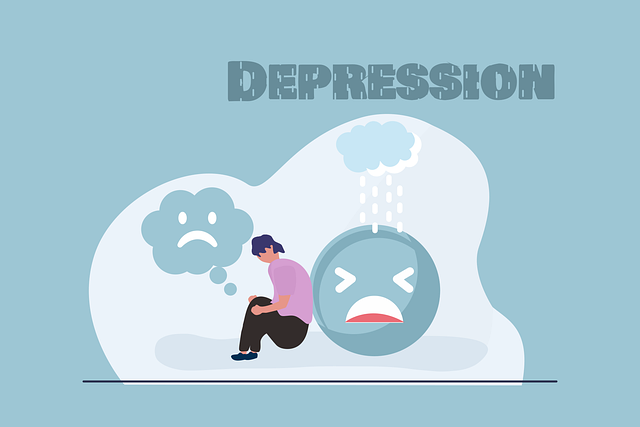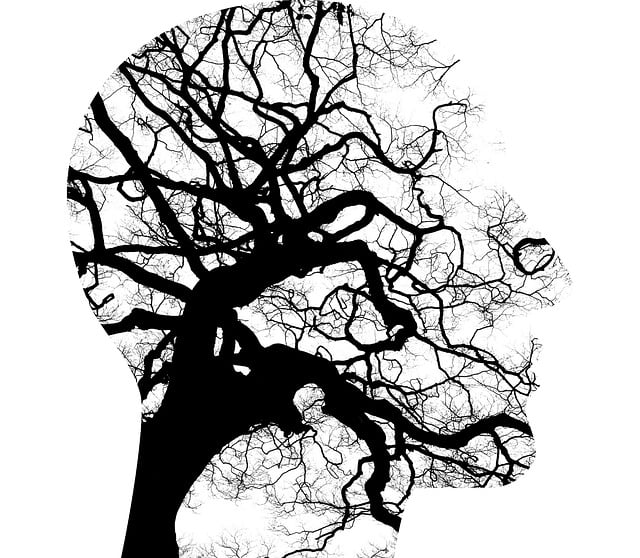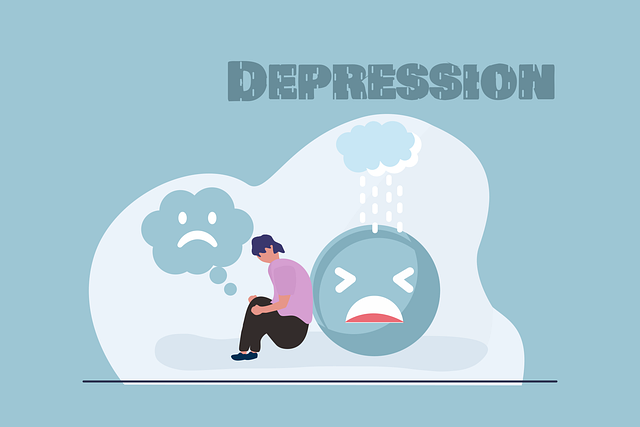Louisville Developmental Disability Therapy (LDDT) employs a unique, data-driven approach to mental health support for individuals with developmental disabilities. They combine structured assessments, qualitative interviews, and observation techniques to collect comprehensive behavioral and emotional data over time. By integrating statistical analysis with nuanced interpretation, LDDT uncovers correlations between socio-economic factors, life events, and therapeutic interventions. This enables them to personalize strategies, enhance mental health outcomes, and contribute to evidence-based decisions within Mental Health Education Programs. Through innovative tools like the Mental Wellness Podcast Series, LDDT ensures their methods remain effective and tailored to each client's unique emotional landscape.
Mental health data analysis is a powerful tool for enhancing therapy outcomes, especially in communities like Louisville where developmental disability services are crucial. This article explores the process of understanding and interpreting mental health data collected within the context of Louisville Developmental Disability Therapy. We discuss effective data collection methods specific to this population and delve into advanced techniques for analysis, focusing on how these insights can personalize treatment plans for improved outcomes.
- Understanding Mental Health Data Collection in Louisville Developmental Disability Therapy
- Techniques for Effective Analysis of Mental Health Data
- Interpreting Data to Enhance Therapy Outcomes and Personalization
Understanding Mental Health Data Collection in Louisville Developmental Disability Therapy

In Louisville Developmental Disability Therapy (LDDT), understanding mental health data collection is paramount to delivering effective support for individuals with developmental disabilities. The process involves a multifaceted approach, incorporating structured assessments, qualitative interviews, and observation techniques tailored to each client’s unique needs. Therapists at LDDT meticulously record behavioral observations, emotional responses, and progress over time, ensuring comprehensive data capture. This method allows for in-depth analysis of clients’ emotional regulation skills, which are crucial aspects of their overall well-being. By integrating tools like Emotional Regulation scales and measures of Emotional Intelligence, therapists gain valuable insights into each individual’s capacity to manage and express emotions.
Additionally, LDDT encourages the integration of practices such as Mindfulness Meditation into therapy sessions. Data collected during and after these interventions provides quantitative and qualitative feedback on clients’ responses to mindfulness techniques. This data-driven approach enables therapists to fine-tune their strategies, ensuring that therapeutic methods are not only evidence-based but also aligned with each client’s distinct emotional landscape. Through rigorous data analysis, LDDT strives to enhance the effectiveness of its services, ultimately fostering more significant and lasting improvements in emotional intelligence and overall mental health outcomes.
Techniques for Effective Analysis of Mental Health Data

The effective analysis of mental health data involves a blend of statistical methods and nuanced interpretation. For instance, Louisville Developmental Disability Therapy has pioneered the use of qualitative and quantitative techniques to gain deeper insights into the complex landscape of mental well-being. Statistical tools like regression analysis can help uncover significant correlations between various factors—such as socio-economic status, life events, or therapeutic interventions—and mental health outcomes. This data-driven approach allows for a more precise understanding of what contributes to depression prevention and empathy building strategies within Mental Health Education Programs Design.
Moreover, visual representation techniques, such as scatter plots or heatmaps, can simplify complex datasets, making it easier for researchers and therapists to identify trends and patterns. By integrating these methods, professionals can tailor interventions to specific populations, ensuring that Depression Prevention initiatives are not just informed but also highly effective. This meticulous analysis empowers mental health advocates to make evidence-based decisions that enhance services like Louisville Developmental Disability Therapy, ultimately fostering a more compassionate and responsive support system.
Interpreting Data to Enhance Therapy Outcomes and Personalization

Effective interpretation of mental health data is pivotal for enhancing therapy outcomes and personalizing care, especially in contexts like Louisville Developmental Disability Therapy. By meticulously analyzing collected information, therapists can gain valuable insights into an individual’s unique challenges and strengths. This enables them to tailor interventions that resonate with each client’s specific needs. For instance, data might reveal patterns suggesting certain communication strategies are more effective for managing anxiety or highlighting the need for burnout prevention techniques tailored to the individual’s schedule and preferences.
The process involves not just quantitative analysis but also qualitative understanding. Through this holistic approach, therapists can create a supportive environment fostering mental wellness. This is where the Louisville Developmental Disability Therapy community can benefit from emerging resources like the Mental Wellness Podcast Series Production, which offers practical insights into communication strategies that have proven effective in diverse settings. By staying informed about the latest research and methodologies, therapists are empowered to make data-driven decisions, ultimately leading to better outcomes for clients.
Mental health data analysis is a powerful tool in the field of Louisville Developmental Disability Therapy. By employing effective techniques for data interpretation, therapists can enhance their understanding of clients’ needs and tailor therapy accordingly. This personalized approach ultimately improves outcomes, ensuring that each individual receives the best possible care. Utilizing these strategies, therapists can navigate the complexities of mental health data and create a more positive, efficient, and effective therapeutic journey.














